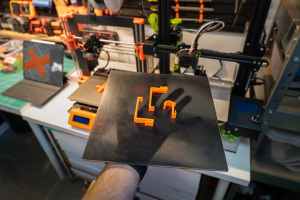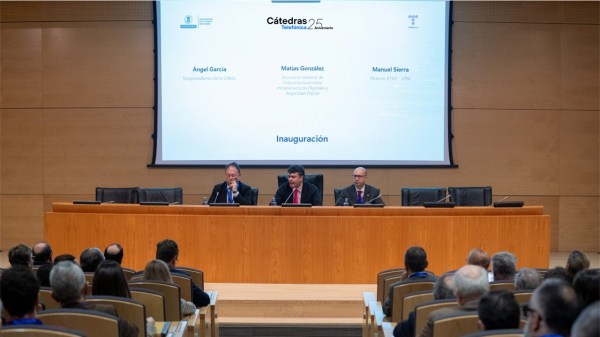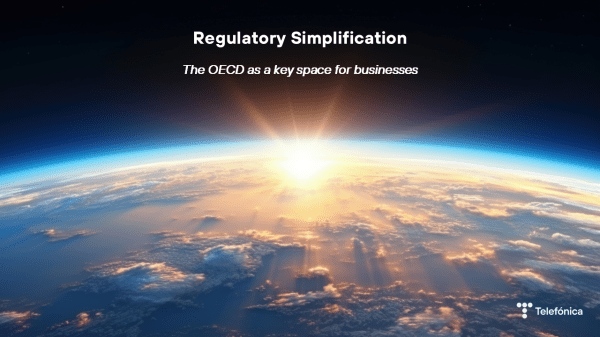From 14 to 24 October, the World Telecommunication Standardisation Assembly (WTSA24) was held in New Delhi, India. With more than 3,300 delegates from all over the world, the WTSA is the most important event organised by ITU-T, the Standardisation Bureau of the International Telecommunication Union (ITU).
The development of technological standardisation, promotes innovation and makes possible to spread it homogeneously throughout the world, avoiding fragmentation. This helps to reduce inequalities, promote competition and improve the quality of services progressing towards digital inclusion. On this occasion, the Prime Minister of India, Narendra Modi, inaugurated the event on 15 October, stressing the importance of universal connectivity and digital inclusion.
What is WTSA?
The purpose of the WTSA is to renew the organisation and structure of ITU-T, and to set ITU’s vision and work lines for the next four years. As such, the Assembly is a key milestone for the mobile industry, as its outcome can have technical and regulatory implications for operators and the entire ecosystem.
In addition, it is important to monitor that ITU-T standardisation activities are consistent with the activities and agreements of industry members, and it is therefore crucial to ensure that ITU-T actions do not conflict with or duplicate ongoing industry efforts.
ITU-T activity is also a geopolitical playing field
The fact that technological development and innovation are at the heart of the geopolitical chessboard is nothing new. It is therefore not surprising that technological standardisation is a reflection of the global technological struggle.
Throughout the WTSA24, the positions reflecting the different understandings of the ITU’s standardisation mandate arose. On the one hand, the Western bloc has traditionally considered preferable to limit the ITU’s work exclusively to telecommunications aspects, accepting that it can only standardise the use of new ICT technologies when they are applied to telecommunications networks. The rest of the world has an expansive interpretation of the ITU’s mandate, believing that it is competent to standardise all aspects of ICT, even if their use is not directly related to telecommunications services.
The standardisation of Artificial Intelligence applied to telecommunications
On this occasion, it was clear from the very first moment that Artificial Intelligence (AI) applied to telecommunications would be a major focus of attention throughout WTSA24. In the words of ITU Secretary-General Doreen Bogdan-Martin at the start of the Assembly: “AI standards can create trust, security and a level playing field for innovation for people in India, the region and around the world. She added: “The need of the hour is to turn broad principles into clear and implementable standards that ensure AI works for everyone — responsibly and fairly.”
A clear symptom of the importance attached to AI was the number of events that were held on different aspects of the matter, such as the AI for Good or the AI Standards Summit, among others. But perhaps the most relevant outcome of the importance given to AI throughout the Assembly was reflected in the resolution, which will guide ITU-T’s vision and actions in this area in the coming years.
ITU-T’s vision for the next study period
In addition to the resolution on AI, the conference adopted other new resolutions aimed at strengthening ITU’s standardisation work to meet evolving global needs, covering topics such as the metaverse, vehicular communications, sustainable digital transformation, improved risk management in natural disasters, over-the-top services, and standardisation work on public digital infrastructures. These are, among others, the topics and lines of work that will shape ITU-T’s activities. “ITU standards and capacity development must create the foundation for the digital future we want,” said Seizo Onoe, Director of the ITU-T.
ITU’s standards and standardisation work is paving the way for the future of innovation. The WTSA24 in New Delhi was therefore a decisive step towards a more inclusive and sustainable digital future. In words of ITU Secretary-General Doreen Bogdan-Martin. “The outcomes of WTSA-24 remind us that humanity has one Earth, one human family and one shared digital future.”







